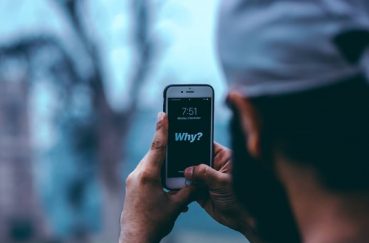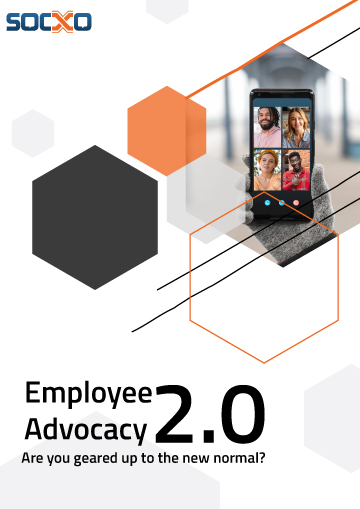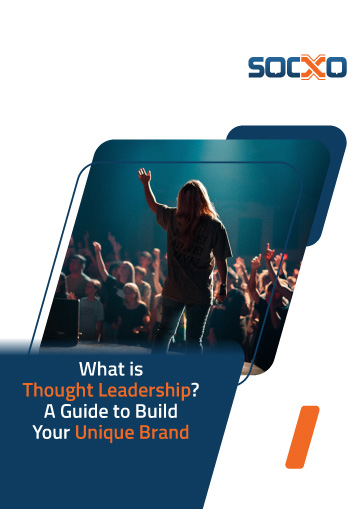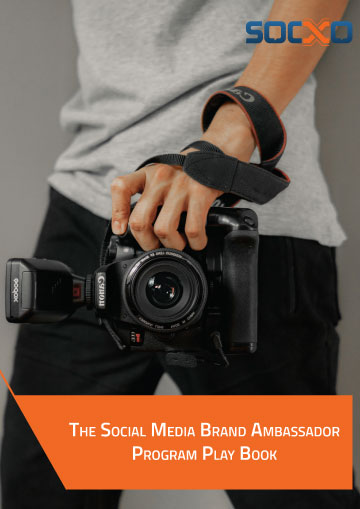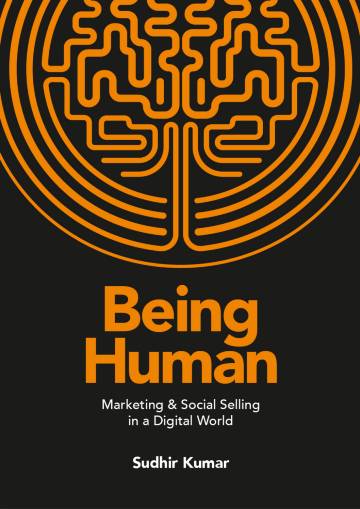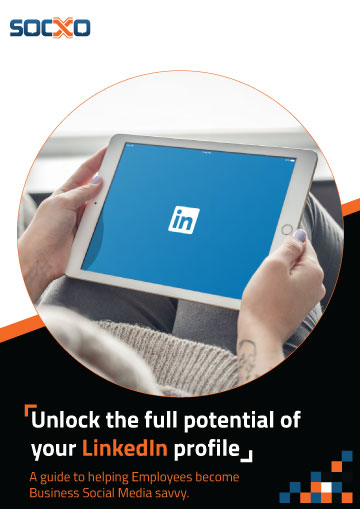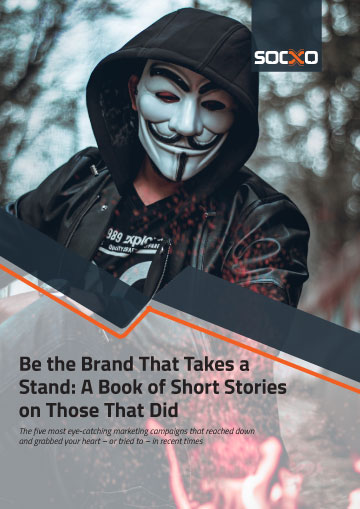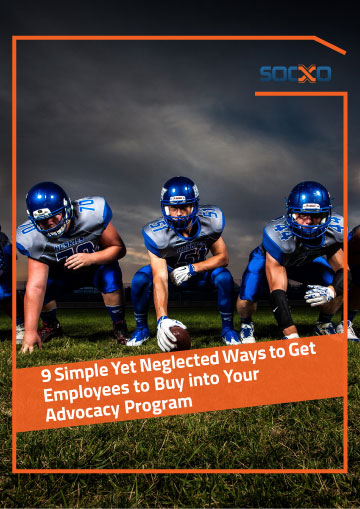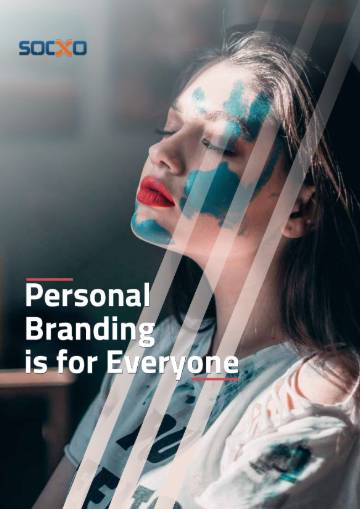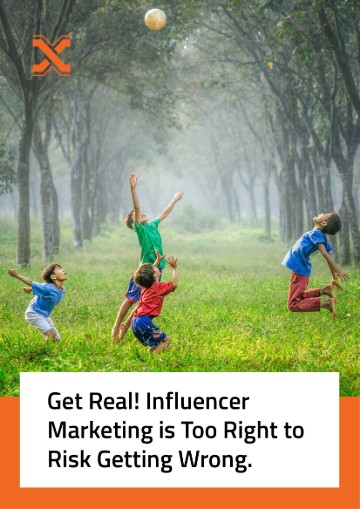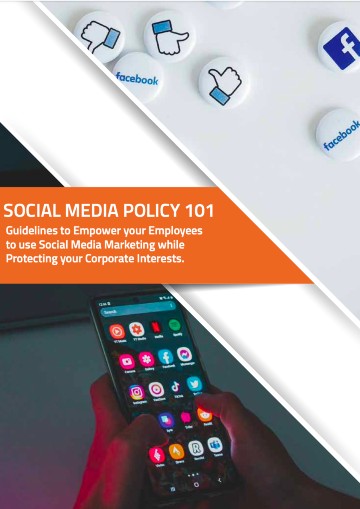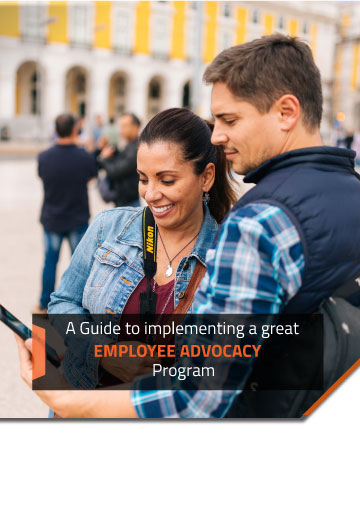
The more the number of followers or friends on social media networks, the higher is the influence. Believe it or not, this is the impression which most of us have. But Mark Schaefer thinks on the contrary. In a freewheeling conversation with Rodger Johnson on AdvocacyCAST, our bi-weekly podcast on everything social and brand advocacy, Mark Schaefer explains why it is so.
More about the Guest
Mark Schaefer is an internationally acclaimed blogger, educator and social media strategy consultant. Mark’s clients include global brands such as IBM, AT&T, Johnson & Johnson, and the U.K. Government. He is also the author of four best-selling books on social media marketing. A few of his books are even used as textbooks in more than 50 universities and translated into 10 languages.
The tête- à -tête
Rodger: How can one find the right employees for brand advocacy in an organization?
Mark: That is a great question. This is a question far too often discussed because there is a lot of buzz out there about employee advocacy.
Employee advocacy is not for everybody and not for every employee. Look for people who are enthusiastic. Lots of people love their companies. Whenever they discover that they have an opportunity to help people in marketing, they just love the idea. They love that they can somehow get out of their normal routine and try something different and help the company in some way. So, enthusiasm is the most important quality to look for when starting an employee advocacy program.
Rodger: People who are enthusiastic would be more apt to share more information about their company with their friends and followers on Facebook and other networks.
Mark: I think that everything we do and everything we don’t do and everything we say and everything we don’t say reflects on our brand. A PR person, an employee – all are going to help form impressions of a brand on someone’s mind. So why wouldn’t you want to have someone who is positive, optimistic and enthusiastic to be the first people to represent the brand?
Rodger: Sales professionals are considered as enthusiastic optimistic people. But are they necessarily the best people for brand advocacy in an organization?
Mark: This is an interesting question. I have spent years in sales and I have been doing lots and lots of training in the last few years to help companies understand social selling opportunities. I hate to characterize people or profession, but by and large, sales people seem to be a resistant group.
I’ve done sales training in front of hundreds and hundreds of people. But I find a lot of sales professionals don’t participate or be enthusiastic in this training. They go back to their jobs and do the same things they have always been doing.
Rodger: A lot of us in business have been led to believe that people with more connections on social media networks have more influence, while it might just be the wrong way to identify advocates inside the brand.
Mark: Well, it’s absolutely wrong. It’s a big mistake that people make. They confuse audience for action and that is certainly not the case. The people that connect you through social media are generally weak links. They may have only some interest in you.
I have got over a hundred thousand followers in Twitter. If I posted today, “Hey everybody! I have my new book out. So buy my book.” How many people are going to buy that book? Very few. Maybe none.
Social media is an amazing tool to help you find people and connect to people you might have never found before. But you still have to do the work to build the relationships and to turn these people into strong links that will actually do something, that will upload something or download something, or buy something from your business. So it’s absolutely wrong to confuse audience size with influence.
Rodger: So people with smaller followers and fans and contacts may have more influence than people with large groups because they are more connected with those people.
Mark: Yes, I think that’s absolutely true. When I was writing my book ‘Return on Influence’, I came across a photographer in Chicago. He only had about a thousand followers on Twitter. But when he hosted something, when he said something, or created content on his blog, everybody reacted. This was because his audience was exactly very well targeted. The audience was very engaged, interested and loyal. So this person could really move these people to action, even though he has a very small audience.
Today, many people are interested in getting a lot of followers because it makes them appear as though they are powerful. But as a matter of fact, it’s just a number. It doesn’t really show what they can do.
Rodger: How important is personal branding to advocacy?
Mark: Everyone has a personal brand. A personal brand is simply what people think about you, or the words that pop into their head when they think about you.
Do people think that you are reliable, creative, provocative? Those are all that makes up your personal brand. By the way, your personal brand may vary from person to person. People may know you well and have a certain image of you, or they may know you less well.
So everybody has a personal brand. But there’s is difference though. Let me tell you the difference.
When I started out as a blogger, my content wasn’t going anywhere. I was frustrated and I was working hard. I was writing great blog posts, but just didn’t seem to be going anywhere. One day, I was going through Chris Brogan’s blog. At that time, Chris was at the top of the field. He really had the number one marketing blog in the world and was speaking all over the globe. He once wrote a blog post that was just 37 words and it was some simple advice about ‘whenever you get up for your presentation, don’t read from your slides.’
This thing was tweeted about 400 times and received comments from 50 different people saying “this is brilliant,” “this is awesome.” I looked at this and realized that sometimes content marketing has nothing to do with content and it has everything to do with who you are.
So there is a difference. Everybody has a personal brand, but not everybody has the ‘heroic brand’.
Rodger: I’ve got a really interesting question here. Suppose you walk into a company which is already into content marketing. They’re really interested in finding the employees who are advocates and let’s say they’ve already identified some. Is it better for the company to just put the content out there and allow people to share it at will?
Mark: Well, I guess I am a little bit old-school when it comes to that. I think that we need to honor and celebrate and help our most enthusiastic employees. But we cannot necessarily expect them to be experts or PR professionals or legal professionals. So I think the best thing to do is really kind of spoon-feed it to them.
Maybe, you send an email once a week and say “Here are some suggested things to tweet”, “Here are some things you might be interested in”.
In smaller companies where there’s more of a personal kind of connection, it might be easier to be looser about content sharing. But I think in a big company, it is necessary to have some sort of management controls in place to do everything you can help nurture the brand in the right way.
Click here to listen to the entire conversation. Do you have any question to ask our guests? If so, feel free to tweet them to #AdvocacyCAST
